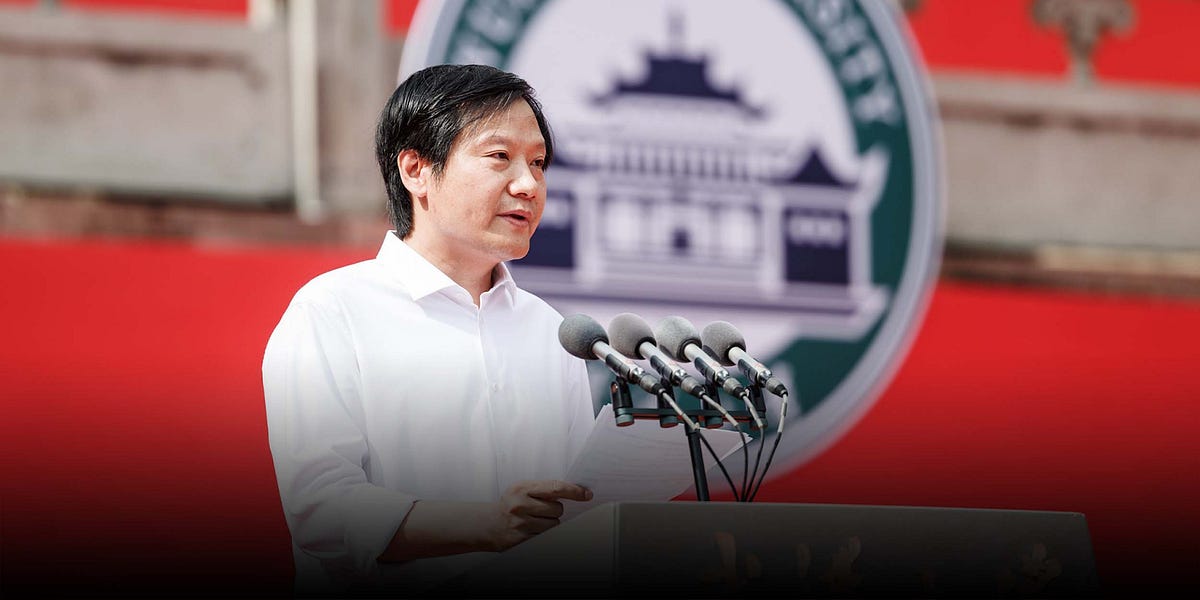"The only way to grow is through the mud": How AZA Finance's Elizabeth Rossiello proves Africa's fintech potential
“I had maps all over my room instead of wallpaper,” Elizabeth Rossiello, founder/CEO, AZA Finance, recalls, her voice carrying the warmth of nostalgia. This was no ordinary childhood decor. It was a declaration of a boundless curiosity that would shape her life.
“I think I was different always as a child, because I wanted to travel and I wanted to go and learn and work in different places in different cultures,” she adds, her words mapping the journey of a dreamer destined to bridge borders.
That dream carried Elizabeth Rossiello across continents—Nairobi’s vibrant streets, London’s historic lanes, Lagos’s bustling markets, and Accra’s dynamic energy.

Her decade in Nigeria, where she holds a green card and proudly calls herself a resident, deepened her understanding of global business.
“I’ve been working for 10 years in Nigeria. I worked there before for other businesses, for microfinance, but for 10 years for AZA in Nigeria,” she shares.
Rossiello learned a universal truth: “People want to do business where they have relationships.” Even in the Zoom era, where efficiency reigns, she insists, “It’s still so important for people to feel understood.”
Her approach is personal, rooted in empathy. “I do understand you. I’ve taken the time to understand you as a client, as a culture, as a market, as a team,” she emphasises, a mantra that defines AZA Finance’s mission to facilitate seamless cross-border transactions.
Leading a fintech company while raising five children is a juggling act that would daunt most, but Elizabeth tackles it with humour and grace.
“Women run the back office of planet Earth,” she quips, crediting her mother, her nanny and a network of women who keep her grounded. Her secret lies in balance: “You need a balanced life and a balanced perspective to manage teams well,” she insists, debunking the myth that relentless work without personal harmony breeds success.
“That’s going to make you a terrible decision maker,” Elizabeth Rossiello warns. She navigates night flights and marathon meetings with meticulous planning, emerging polished and prepared. This highlights her belief that accepting help is a strength, not a weakness.

The spark for AZA Finance ignited in Nairobi, where Elizabeth faced a personal financial hurdle
Her student loan was in dollars, her earnings in shillings, and the process to convert currencies was a nightmare.
“My student loan was in dollars. And I was living in Nairobi, and I was earning in shillings. And so I would have to go to Barclays Kenya in Nairobi and ask to buy dollars. And the process was so difficult,” she recounts.

Posters boasting “Your FX partner” mocked her struggle with exorbitant rates. “There must be a better solution,” she thought, inspired by innovations like TransferWise in Europe. “We have M-Pesa, why can’t we have M-Pesa globally?” she wondered, a question that birthed AZA Finance, a company dedicated to streamlining large-scale cross-border payments in Africa.
Launching a blockchain-based payments company in 2013 was a bold leap, especially in a region where digital currencies were met with raised eyebrows.
Elizabeth recalls a surreal meeting with the Central Bank of Kenya, where regulators, bewildered by her pitch, demanded, “Who is Mr. Bitcoin?” Her initial response—“It’s all of us and nobody”—landed like a misfired arrow.
“It’s digital money,” she clarified, learning to ground her vision in terms regulators could grasp. “It took us a decade in the community to refine that pitch on what works,” she admits.
Growth didn’t come without its share of mud. One early client, a major remittance company, posed a significant challenge.
“They had accidentally made double payments,” Elizabeth explains, detailing how their covert underpayments—secretly shaving off invoices—exposed vulnerabilities in AZA’s operations.
“You need to make sure your financial controls are just as important as your compliance controls,” she learned, a lesson that tightened AZA’s operational screws. Reflecting on such trials, she shares a gem: “The only way to grow is through the mud.” This helps us understand her resilience in navigating the messy realities of business.
Her most candid confession reveals a misstep that still stings: “I sued Safaricom… dumbest thing I’ve ever done.” Spurred by misguided advice, the decision made AZA Finance infamous, but not in the way she hoped.
“It made us infamous, which I guess is adjacent to famous, but has two extra letters,” she quips, her humour softening the lesson’s weight. Regulators, she learned, have long memories, and strategic restraint is a powerful ally.
Despite these challenges, AZA Finance shook up the market. AZA Finance’s entry forced industry giants to slash their rates.
“We saw the incumbent do a rate drop,” Rossielo notes, a victory that validated their mission. “If people are scared, you’re on the right track,” she asserts, capturing the thrill of disruption. This ripple effect, sparked by a small Nairobi-based startup, fuelled her team’s determination to keep pushing forward.
Elizabeth Rossiello is fierce about debunking myths about African markets
“Africa can be compliant,” she insists, challenging the stereotype that the continent is inherently risky. “This idea that African customers are immediately a fraud risk or high corruption is just absolutely bonkers,” she adds, pointing to AZA Finance’s adherence to global compliance standards, rivalling those in the UK and Europe.
She rejects the notion that all markets are the same, emphasising, “It starts with not assuming all markets are the same.”
Her vision for Africa’s future is bold: “Most people on planet Earth will be African at the turn of the century,” she predicts, highlighting the continent’s youthful energy and entrepreneurial spirit.
“There’s so much exciting new growth all the time, way more than in other regions,” she says, positioning Africa as a hub for innovation. “New growth usually uses new technology,” she observes, noting how the continent’s lack of legacy infrastructure makes it ripe for solutions like blockchain and AI.

Looking ahead, Elizabeth has ambitious plans for AZA Finance. “We’re going to work more on forwards and futures,” she declares. Rossiello aims to address gaps in Africa’s financial derivatives market despite the challenges in pricing risk.
“The market needs it so bad,” she adds. She sees Africa leading a technological renaissance, driven by its youth and entrepreneurial culture. “SMEs drive Africa,” she notes, drawing parallels to Europe’s past economic giants.
Beyond her professional achievements, Elizabeth is a polyglot, fluent in five languages, each revealing a different facet of her personality.
“You develop a different personality in each language,” she shares, noting how her German reflects political savvy, her French carries familial warmth, and her regulatory French navigates Senegal’s business landscape.
“It’s always interesting to see how people react to you as a foreigner in their language,” she reflects. This is a skill that fosters trust in global markets.
If she weren’t leading AZA Finance, she might have taken a different path: “I’d probably be a chef,” she confesses. This shows her love for cooking for her family of seven, revealing a nurturing side. “I cook for seven people most weekends,” she shares. Rossiello likens the precision of cooking to understanding client needs.
Named one of the most influential women in payments by Bloomberg Catalyst, Elizabeth offers hard-won wisdom for aspiring entrepreneurs.
“Your job is to run a sound 360 business,” she says, warning against the “princess behaviour” of focusing solely on one aspect while neglecting others.
“Pull your pants on and start learning about all those things,” she urges, a call to master every facet—finance, compliance, HR, and more of your business.
If she could dine with a historical figure, she’d choose Christine Lagarde, whose early advocacy for digital currencies inspires her.
“Christine Lagarde,” she names, admiring her trailblazing role in a male-dominated field. She also honours Evelyn Tall, noting, “Evelyn Tall has so much wisdom,” for her pioneering leadership at Ecobank.
To journalists, Elizabeth has a request: “Look deeper at these companies.” She calls for scrutiny beyond flashy funding rounds, urging an investigation into staff retention, governance, and operational sustainability.
“We really need to call attention to it,” she stresses, advocating for accountability in an industry often dazzled by hype.











